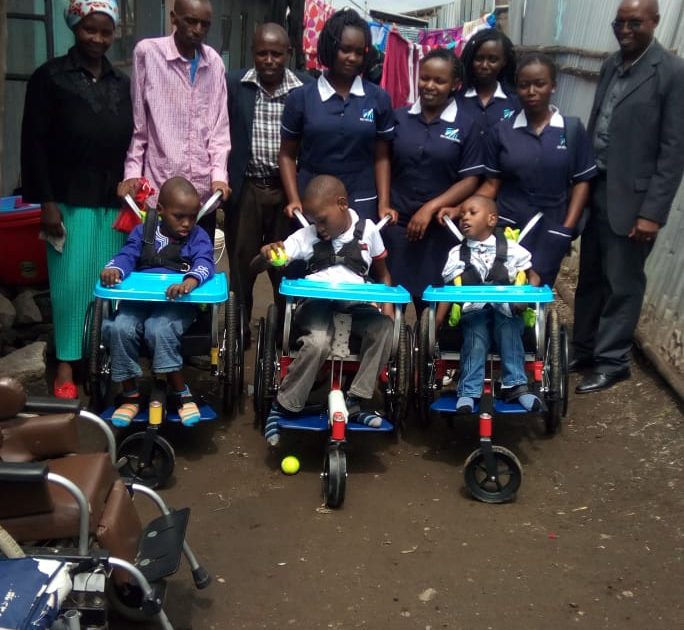
The County governments have been urged to stop the euphoria of purchasing expensive health equipment and the thinking that installing computerized tomography machines popularly known as CT-scans and dialysis in every village will make people healthier.
A home-based care health expert, David Maina said the clamour for Universal Health Care (UHC) was getting derailed by the belief that spending more money on the latest machines would translate into better outcomes.
Speaking on Wednesday during a home-based care seminar at his college, Maina said three years ago hardly anybody called their college seeking for trained home-based care nurses.
However, he said nowadays he cannot meet the demand and his personnel are being sourced from as far as Busia, adding that t he change of attitude was after neighbours’ witnessed bedridden patients who had been discharged from hospitals to go and die at home peacefully regaining health.
He said the government and wananchi should avoid the populism of big infrastructure and instant result mindset, adding that since the country doesn’t have adequate resources to spend on healthcare, the best option was prevention, which the counties have not popularized.
Maina said primary healthcare which involves simple and inexpensive things such as washing hands, ensuring every homestead has a clean toilet, proper management of the sewerage system, improved nutrition and provision of clean water was a faster and sure method of achieving UHC.
He said reforming NHIF to ensure people access facilities with poor or no services would be mediocre but strengthening health centres to offer inexpensive quality care and cutting wastages such as unnecessary tests or radiological examinations was a sure way of improving people’s health.
He added that the health centre should be made the first unit of screening and care for non-communicable diseases, which have now become the largest contributor to the disease burden.
By Veronica Bosibori




